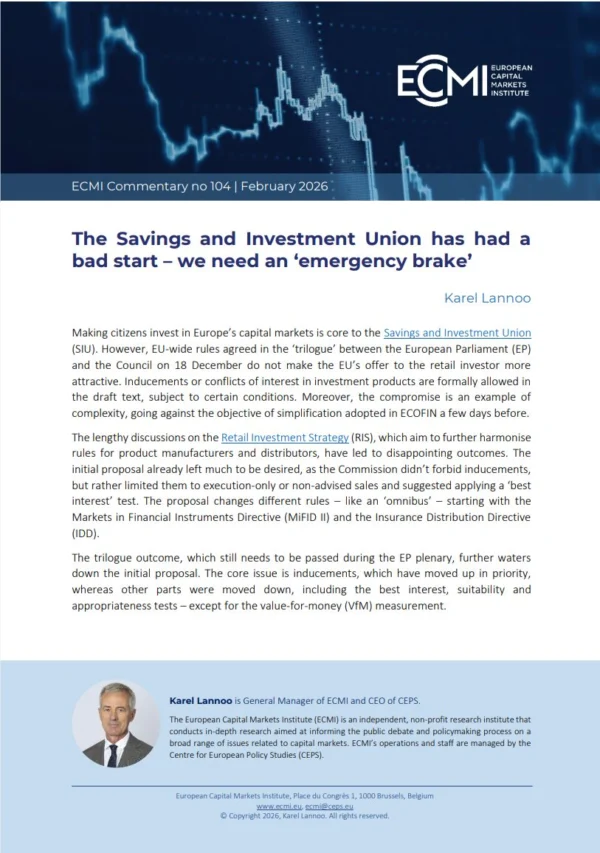The objectives of Work Package (WP) 2 of the EU FP7 project ANCIEN are to assess the actual and future numbers of elderly care-dependent persons in selected countries. Such projections are needed to support planning to meet future needs for long-term care (LTC) across the EU. This study has selected four countries for projections of LTC needs: Spain, Poland, Germany and the Netherlands. These countries are representative of European epidemiology and of different systems for the provision of long-term care.
Using the mortality forecasts of the EUROPOP 2008 scenarios as a basis for projections of the number of disabled elderly persons, the study adds scenarios on the effects of smoking and obesity. The study finds that the main determinant of the future numbers of the disabled elderly is the demographic ageing of the large baby boom cohorts, which is projected to cause increases of 44% (Germany), 65% (Spain), 82% (the Netherlands) and 57% (Poland). The impact of life extension depends on the correlation of disability in old age and mortality, and is moderate under reasonably conservative assumptions (with rises of 11% for Germany, 7% for Spain, 9% for the Netherlands and 22% for Poland). For Poland, convergence with Germany on the onset of disability in terms of timing would limit this increase. Obesity and (quitting) smoking have little effect – increasing levels of disability by around 2 percentage points per absolute increase in the prevalence of obesity of 5%, while quitting smoking has even less effect.
The study concludes that the future numbers of long-term care recipients can be robustly predicted and will be mainly determined by demographic ageing.












